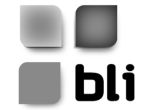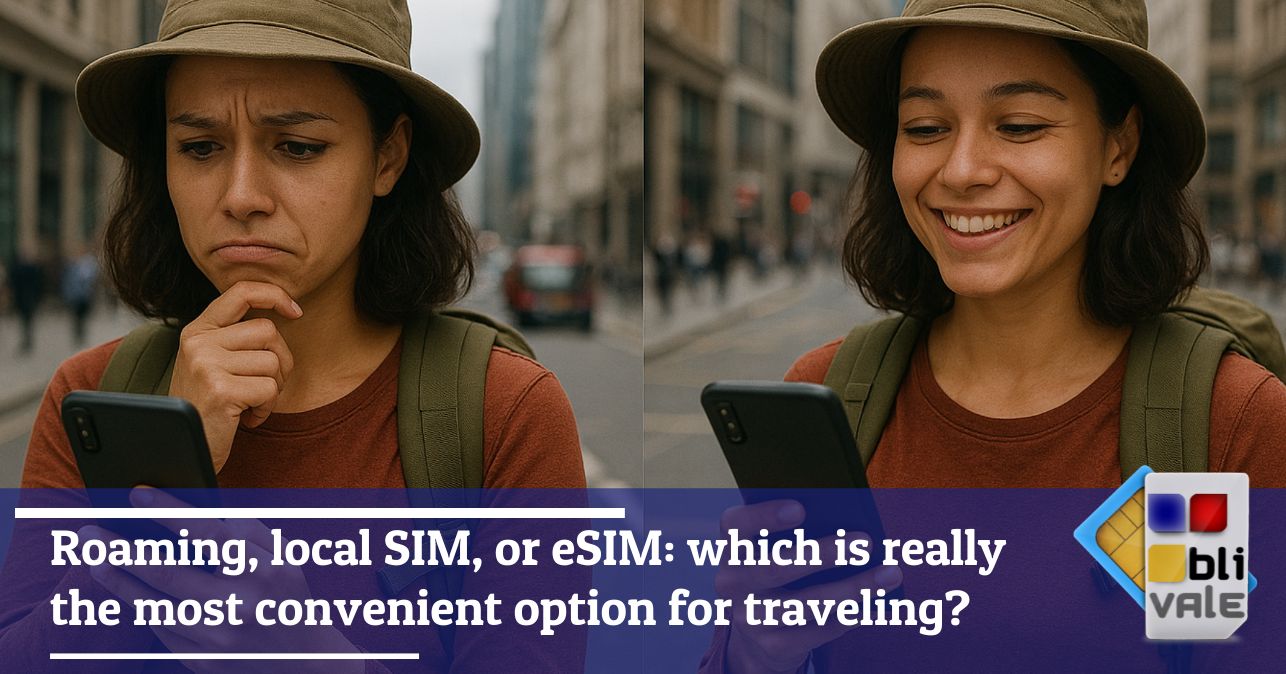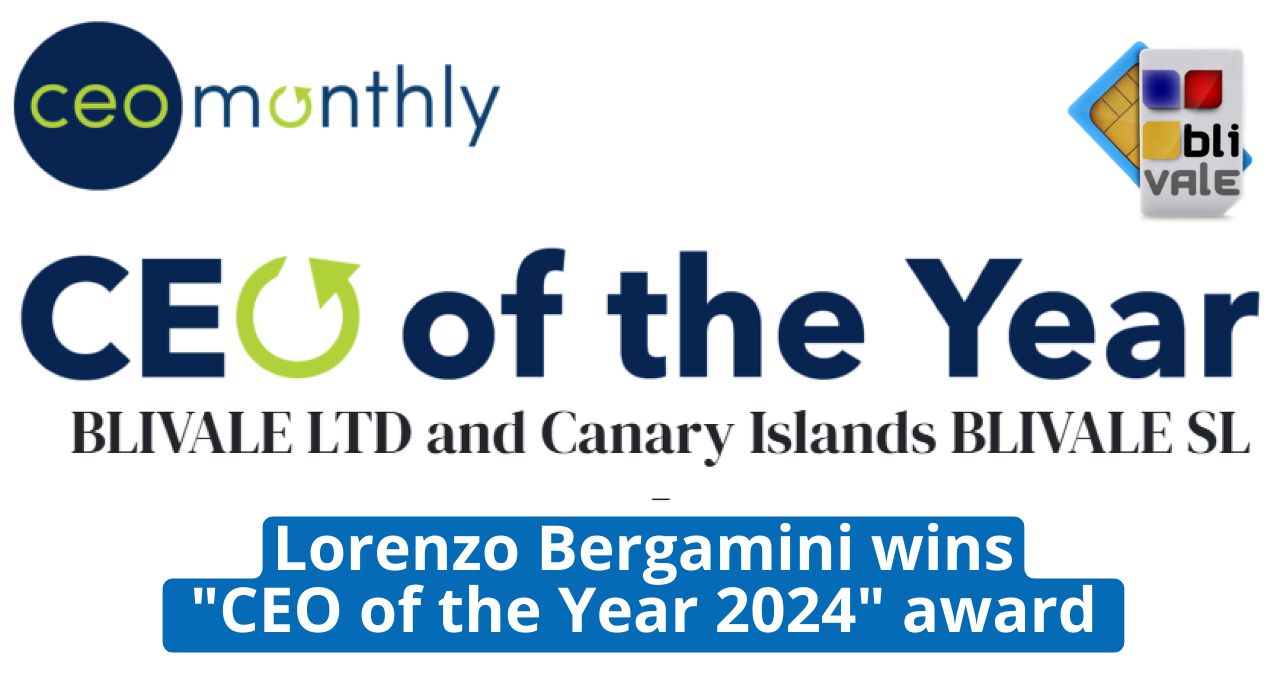Have you ever landed in a new country and wondered, "How much will it cost me to use the internet here?" The fear of receiving a sky-high bill upon return is real, and choosing between international roaming, a local SIM, or an eSIM can seem daunting. Each option promises advantages, but which one will truly save you money without complicating your life? In this article, you'll discover a comprehensive comparison of costs, convenience, and reliability, with real numbers and tips you can implement right away.
Roaming vs. Local SIM vs. eSIM: A Direct Comparison
How much does it really cost to stay connected abroad? It depends on where you go, how long you spend, and how much you use the internet. Here's a basic comparison:
International roaming : Convenient but expensive. Traditional operators can charge anywhere from €0.50 to €15 per day just to activate roaming, with additional fees for data usage beyond the limit. A 10-day trip can easily cost over €100-150.
Local SIM : Cheap if you're staying in one country. You can find deals for €10-30 with several GB included. The problem? You have to find a physical store, waste time activating it, and change SIM cards every time you cross a border. If you visit three countries in two weeks, you'll end up buying three different SIM cards.
International eSIM : The modern solution. A single eSIM works in dozens or hundreds of countries, activated in minutes from the app. Prices range from €5 to €50 depending on coverage and duration, with unlimited plans often more affordable than traditional roaming for multiple trips.
In-depth analysis: what's hidden behind prices
Traditional roaming: hidden costs
Fixed daily rates even if you use very little data
Speed slows after a threshold (often 500MB-1GB)
Extra costs for calls and SMS
Activation is not always automatic: you risk forgetting and paying very high "pay as you go" rates
Local SIM: real pros and cons
Pros : Competitive local prices, often with generous GB
Cons : ID required in many countries, time wasted to find and activate it, temporary number (inconvenient for OTP and account verification), no continuity between countries
International eSIM: transparency and flexibility
Clear costs : pay once, no surprises
Multi-destination : a single eSIM for Europe, Asia, America
Instant activation : buy online, activate with QR code
App management : real-time data monitoring
Keep main number : your physical SIM remains active for calls
Concrete example : A 15-day trip touching Spain, France and Italy:
Traditional roaming: €10/day × 15 = €150
3 local SIMs: €10 + €15 + €10 = €35 (+ wasted time + stress)
eSIM Europa Unlimited (e.g. BLIVALE) : €29-49 (depends on the plan), activation in 2 minutes
(*) Prices shown are purely indicative
If you are thinking of taking a trip alone or with friends or for work, do not forget the importance of staying connected wherever you are. For unlimited Internet connection, contact BLIVALE where you can get unlimited Internet according to the destinations:
For unlimited plans like data BLIVALE guarantees free roaming anywhere in the world, no additional or hidden costs. Don't let the lack of connection stop you; get ready to explore the world with freedom and spontaneity.
Practical advice: how to choose and save
1. Evaluate the duration and number of countries
Short trip (1-3 days) in a single country: operator roaming or local SIM
Medium-long or multi-destination trip: international eSIM
2. Check your phone's compatibility
Check if your smartphone supports eSIM (Settings → Mobile Network → Add Data Plan)
iPhone XS and later, Samsung S20+, Google Pixel 3+ are almost all compatible
3. Calculate actual data consumption
Light use (maps, WhatsApp): 1-3GB is enough
Average usage (social, email, browsing): 5-10GB
Heavy use (streaming, video calls): Consider unlimited plans
4. Activate the eSIM before leaving
Purchase and activate the eSIM while still connected to WiFi
Test your connection before your trip
5. Avoid these common mistakes
Do not deactivate roaming on your primary SIM (you risk double charges)
Don't buy oversized plans: check how much you normally use
Don't rely solely on public WiFi: it's slow and unsafe.
The BLIVALE solution: simplicity and savings guaranteed
If you want to avoid surprises during your travels, BLIVALE offers international eSIM and SIM cards with unlimited free roaming in over 200 countries and regions .
Activate your eSIM in seconds, manage everything from the app, and stay connected wherever you are. No hidden costs, no complications—just simple, reliable connectivity.
With BLIVALE , you only pay once, without worrying about borders or extra fees. The perfect solution for frequent travelers, digital nomads, and anyone who wants the freedom to explore without constraints.
Conclusion: choose based on your real needs
There's no one-size-fits-all solution, but there's one that's right for you. If you rarely travel to a single country, a local SIM may suffice. If you travel across multiple destinations or frequently, an international eSIM is the smartest choice for value.
Check now how much it really costs you to stay connected with your current operator , then compare with an eSIM like BLIVALE : you could save hundreds of euros a year.
Ready to travel worry-free? Find out how BLIVALE guarantees you unlimited internet access worldwide, with just one tap.









